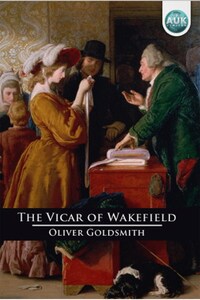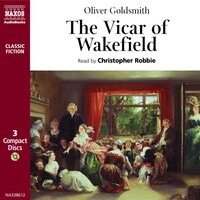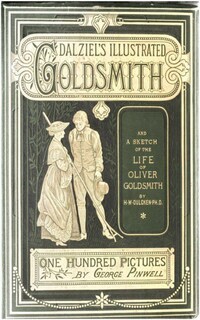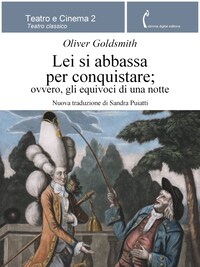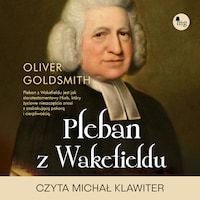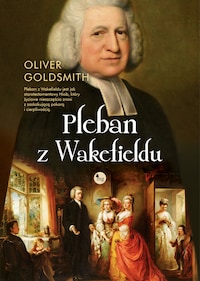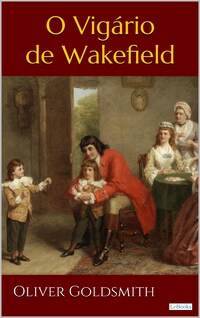The Vicar of Wakefield
A Timeless Tale of Family, Virtue, and Resilience
Description of book
In "The Vicar of Wakefield," Oliver Goldsmith crafts a masterful narrative blending sentimentality and humor, capturing the essence of 18th-century England. Through the experiences of the virtuous Vicar Primrose and his family, Goldsmith artfully explores themes of social class, morality, and the role of Providence in human affairs. The novel's epistolary structure and vivid characterizations reflect the author'Äôs engagement with the sentimental novel genre, providing both a critique of societal norms and a celebration of the inherent goodness in humanity. The pastoral setting serves as a backdrop for moral lessons, demonstrating Goldsmith's knack for combining peaceful, idyllic scenes with the tumult of human emotion and ethical dilemmas. Oliver Goldsmith, an Irish writer, was influenced by his own diverse experiences, having traversed various literary genres, from poetry to drama. His background in the tumultuous environment of the 18th century, marked by economic struggles and social changes, permeates his work. Goldsmith's disdain for the rigid class system and his appreciation for genuine human kindness inform the warmth of "The Vicar of Wakefield," firmly establishing him as a significant voice in English literature. This novel is highly recommended for readers seeking a blend of moral insight and entertainment. Goldsmith'Äôs elegant prose and poignant themes resonate with modern audiences, offering timeless wisdom on human nature and social connection. "The Vicar of Wakefield" remains an essential read for anyone interested in the interplay of morality, humor, and the complexities of familial love.
 Oliver Goldsmith
Oliver Goldsmith 213 Pages
213 PagesFill your life with stories
from €7.99/month
Enjoy a world of audiobooks and e-books. No commitments. Cancel at any time.










![The Harvard Classics & Fiction Collection [180 Books]](https://prod-bb-images.akamaized.net/book-covers/coverimage-9782377938834-bookwire-2021-04-12.jpg?w=200)


